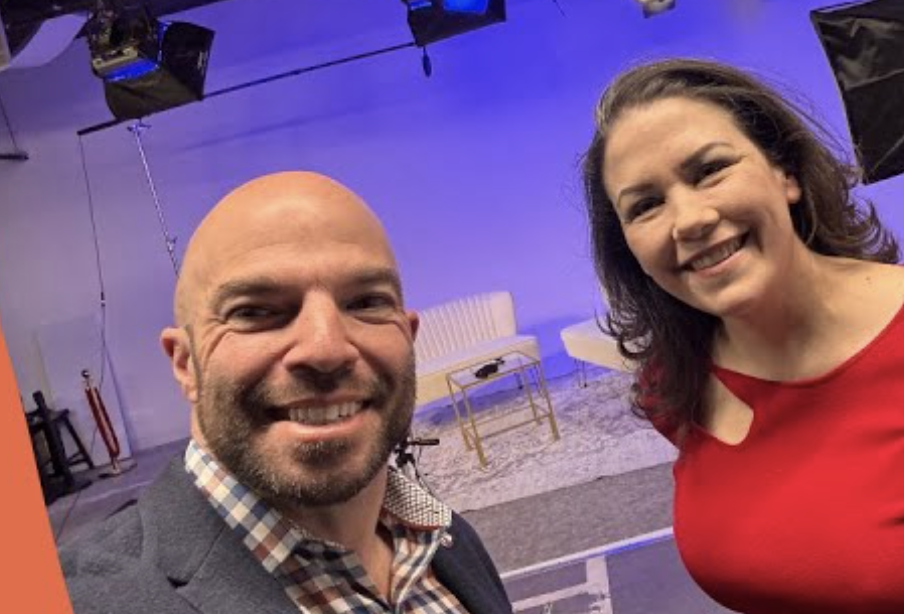Sleep deprivation is a real issue for meeting professionals, especially when on site during an event. What’s a planner to do? Have a little “nappuccino,” of course.
It’s hard to be productive when you’re short on sleep — and yet very few meeting professionals get enough shut-eye to be at their best. This is especially true when on site at an event, when 2 a.m. calls and 4 a.m. run-throughs can scatter even the most diligent efforts to get the solid seven or more hours of sleep recommended by sleep experts.
Instead of pounding multiple cappucinnos (or lattes, or chai teas, or whatever your preferred stimulant of choice may be), perhaps it’s time to try a “nappuccino.” What on earth might that be? As explained by sleep medicine expert Dr. Audrey Wells on a recent Caesars Entertainment-sponsored Return on Wellness episode on unlocking the power of sleep for event professionals, you down a quick cup of coffee or espresso, then take a 15 -20 minute nap in a designated quiet room or relaxation area that features soft lighting, minimal noise, and ideally some optional eye masks and blankets.
The caffeine will kick in just as you wake up, boosting alertness, memory and retention, and cognitive performance. This is also a good pick-me-up strategy for attendees who are experiencing the dreaded after-lunch slump. Just be sure to do it before 3 p.m. to get the maxium benefit, she advised.
Other key sleep strategies meeting professionals can use to keep themselves well rested while traveling for events that she suggested include making it a priority to get a consistent seven to eight hours of sleep, and maintain a regular sleep schedule as much as possible.
While on site, bring some sleep-supporting items, such as:
- Blue light–blocking glasses
• An eye mask
• Electrical tape to cover bright lights in hotel rooms
• Nasal saline spray to help you breath easier in the often overly dry hotel air
She also suggested managing your circadian rhythm by getting bright light exposure within an hour of waking — exposing yourself to sunlight also can help you adjust to new time zones, she said. Also, reduce blue light exposure — i.e., put away the laptop and cellphone — two to three hours before bedtime, and if you have to use devices, use those blue-light–blocking glasses to reduce the wakening effects. Another handy tip: Take the clips from hangars and use them to clip together the gaps that always seem to happen, no matter how tightly you try to draw your guest room curtains. She also suggested keeping your hotel room at a cool 65 degrees and practice settling-in rituals when you first check in to help you feel more relaxed in your away-from-home environment, staying hydrated, and limiting alcohol to one or two drinks tops, stopping three hours before bedtime.
But it’s not just planners that tend to get exhausted by burning the candle at both ends while at a meeting or event. Wells said meeting professionals can ensure attendees get quality sleep by giving them some of the same considerations. For example, end evening receptions by 11 p.m. at the latest so attendees have time to wind down before bedtime. She also recommended keeping the schedule on the lighter side on arrival day so attendees have time to settle into their rooms, and provide breaks and quiet times so those who want a nappuccino — or just some down time — don’t have to miss anything vital in order to recharge.
Even the venue you select can make a difference. Choose hotels with comfortable, cool rooms, preferably blocking rooms away from noisy areas, and provide sleep optimization tips in welcome materials. You also can offer amenities that promote sleep such as eye masks and white noise machines, serve lighter evening meals, offer non-alcoholic, low-sugar beverage options at evening receptions, and include short meditation or relaxation sessions.
For more tips on better sleep and other health and wellness strategies, check out the full series of the Return on Wellness podcast, hosted by David T. Stevens. PMED, Wellness Architect and award-winning keynote speaker.
You May Also Be Interested In…
9 Wellness Tips From Meet Well Speaker Dave Stevens
Wellness 2.0: Caesars Sets The Bar
Survey: Planner Burnout is Real





